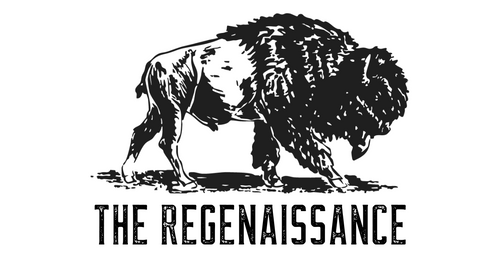Arkansas just lost one of its fiercest farm defenders. Gary Stubblefield—a dairy farmer who traded his milk bucket for the Senate floor—passed away this month after more than a decade shaping farm policy in Little Rock. His tenure proves that when farmers enter the halls of government, they can tilt laws back toward the soil, the pasture, and the people who feed us.
What Happened: A Farmer in the Statehouse
Gary Stubblefield was more than just another politician. Before his election, he milked cows in Franklin County, Arkansas, and lived the realities of a family farmer. When he entered the legislature in 2011 (first in the House, then the Senate until 2025), he brought those rural values with him.
In a state where Big Poultry and large processors dominate headlines, Stubblefield consistently carried the banner for independent farmers. From raw milk sales to farm-to-school programs, he left fingerprints on every major piece of ag legislation in Arkansas over the last decade.
Quick Facts:
-
Served: Arkansas House (2011–13), Senate (2013–25)
-
Profession: Dairy farmer, Franklin County
-
Signature Wins: Raw milk legalization (2013), farm-to-school act (2019), ag education expansion, dairy price stabilization
Raw Milk and Food Freedom
Perhaps Stubblefield’s most lasting legacy is the legalization of raw milk sales. In 2013, he co-sponsored the bill that allowed Arkansas farmers to sell unpasteurized milk directly to consumers—joining a national wave of food freedom laws.
For small dairies, it was survival. Instead of selling to massive processors at cut rates, farmers could finally connect directly with their neighbors. Stubblefield framed it plainly: “The farmer should have the freedom to sell milk from his cow to someone who wants to buy it.”
That principle—farm autonomy over government overreach—ran through much of his policy. And in 2025, just months before his passing, he helped push further expansions to raw milk access.
Farm-to-School and Ag Education
Stubblefield also recognized that farming’s future depends on young people. In 2017, he sponsored a law creating agricultural schools in Arkansas, and two years later co-authored the state’s first farm-to-school program.
These laws did two things:
-
Fed Arkansas kids fresher, local produce and dairy.
-
Created new, reliable markets for small farmers.
Fighting for Dairy Farmers
As a lifelong dairyman, Stubblefield knew the pain of unstable milk prices. In 2021 he sponsored laws strengthening Arkansas’s Milk Stabilization Board, setting minimum prices, and urging Congress to overhaul national milk marketing orders.
For corporate processors, this was a nuisance. For family dairies, it was the difference between bankruptcy and one more season.
Rolling Back Red Tape
Not all his policies were popular with environmentalists. Stubblefield pushed to streamline animal waste oversight under the Natural Resources Commission, reducing the Department of Environmental Quality’s role. Critics saw this as easing the path for large hog operations; Stubblefield defended it as cutting “duplicate” regulation for farmers.
This tension defines his career: fighting government intrusion while sometimes aligning with larger ag interests. But at his core, his message remained consistent—trust farmers over bureaucrats.
The Backstory: Why It Matters
Stubblefield’s path was personal. Raised in Franklin County, he lived through the squeeze of dairy consolidation and the loss of thousands of small farms. His politics weren’t born in think tanks—they came from watching neighbors lose their herds, their land, and their livelihoods.
In that sense, his career reflects the broader American farm crisis: small producers fighting to keep a foothold while corporations scale up and regulators pile on.
Legacy and Takeaway
Whether you agreed with every policy or not, Stubblefield’s imprint on Arkansas agriculture is undeniable. He secured freedoms that still protect small dairies. He built programs that connect schools with local food. And he reminded the legislature that farmers—real farmers—deserve a voice in shaping the laws that govern them.






He was a great man and our family will miss him dearly.